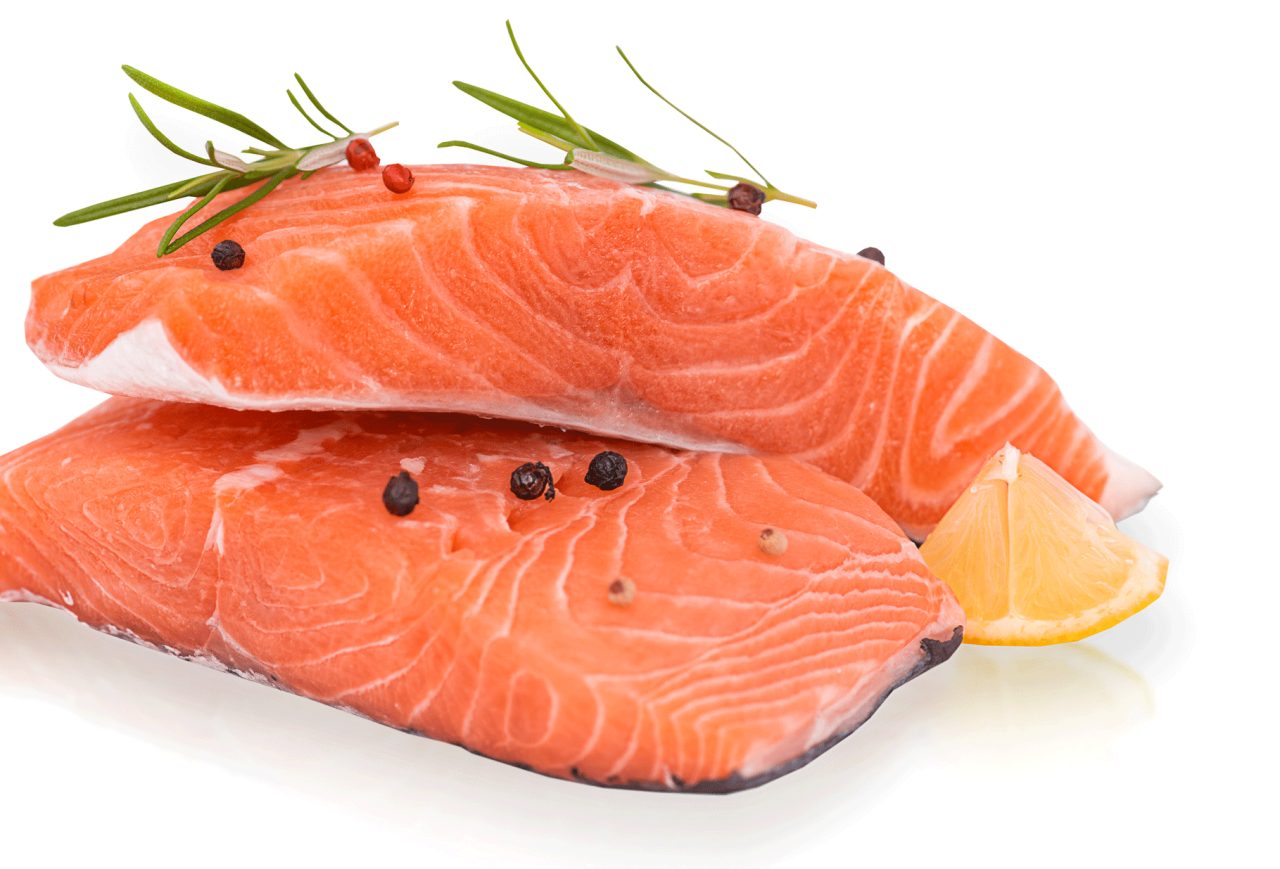Vitamin D May Prevent Young-Onset Colon Cancer

Colon cancer has been rising in younger people over the past decade. The cause could be linked to a change in diet, resulting in lower vitamin D levels.
There’s good news and bad news about colon cancer. On the bright side, the overall incidence of the cancer has been declining about one percent annually in recent years. The bad news is colorectal cancer has been rising steadily by two percent in adults under the age of 50, the American Cancer Society points out.
Colorectal cancer refers to a malignancy in the colon or rectum that frequently begins with a polyp. Excluding skin cancers, colorectal cancer is the third most often diagnosed cancer in American men and women and the second most common cause of cancer related deaths of in the U.S. — resulting in about 53,000 deaths in 2021, according to the American Cancer Society.
YOU MIGHT ALSO LIKE: It’s Time for a Colonoscopy if You’ve Turned 45
Low vitamin D levels may be a cancer risk
Several factors that raise the risk of colorectal cancer are known, according to the American Cancer Society — including being overweight, eating a diet heavy in red meat (especially when cooked at high temperatures), and consuming a lot of processed foods. Low vitamin D levels have also been linked to a higher risk of colorectal cancer and, it turns out, may be the key to understanding the rising number of younger people with the malignancy.
Scientists from the Dana Farber Cancer Institute, the Harvard T.H. Chan School of Public Health, Washington University, and other research institutions teamed up to calculate the total vitamin D intake (from diet and supplements) of almost 95,000 women who participated in the Nurses’ Health Study II.
The study is a rich source of information for researchers because it has followed nurses who were between the ages of 25 and 42 when the research project began in 1989. Every two years the women are followed with questionnaires that ask about their diets and lifestyle, along with queries about their medical and health status.
The research team zeroed in on women who had been diagnosed over the years with young-onset colorectal cancer, meaning the malignancy was found before they were 50 years old. The women were also asked on a follow-up questionnaire whether they had a colonoscopy or sigmoidoscopy in which colorectal polyps (which are tied to the development of colorectal cancer) were found.
You can get vitamin D through sun exposure, eating certain foods (including fatty fish like salmon, milk, eggs, cheese, almonds, and mushrooms), and from supplements, according to the National Institutes of Health. Yet, there has been a decrease in intake of many of the food sources of vitamin D in recent years.
“Vitamin D has known activity against colorectal cancer in laboratory studies. Because vitamin D deficiency has been steadily increasing over the past few years, we wondered whether this could be contributing to the rising rates of colorectal cancer in young individuals,” said researcher Kimmie Ng, MD, a medical oncologist and director of the Young-Onset Colorectal Cancer Center at Dana-Faber Cancer Institute.
The results of the study Ng helped lead, published in Gastroenterology, concluded the women with the higher total vitamin D intake had a lower risk of young-onset colorectal cancer and fewer polyps.
Getting enough vitamin D may reduce colon cancer risk
In all, the researchers found the association between a reduced risk of colon cancer was strongest in the younger women who had a higher total vitamin D intake from mostly dairy products. The link appeared to be stronger for the food source than for vitamin D supplements.
“We found that total vitamin D intake of 300 IU per day or more — roughly equivalent to three 8-oz. glasses of milk — was associated with an approximately 50 percent lower risk of developing young-onset colorectal cancer,” Ng explained.
“Our results further support that vitamin D may be important in younger adults for health and possibly colorectal cancer prevention. It is critical to understand the risk factors that are associated with young-onset colorectal cancer so that we can make informed recommendations about diet and lifestyle, as well as identify high risk individuals to target for earlier screening.”
Updated:
March 01, 2023
Reviewed By:
Janet O’Dell, RN